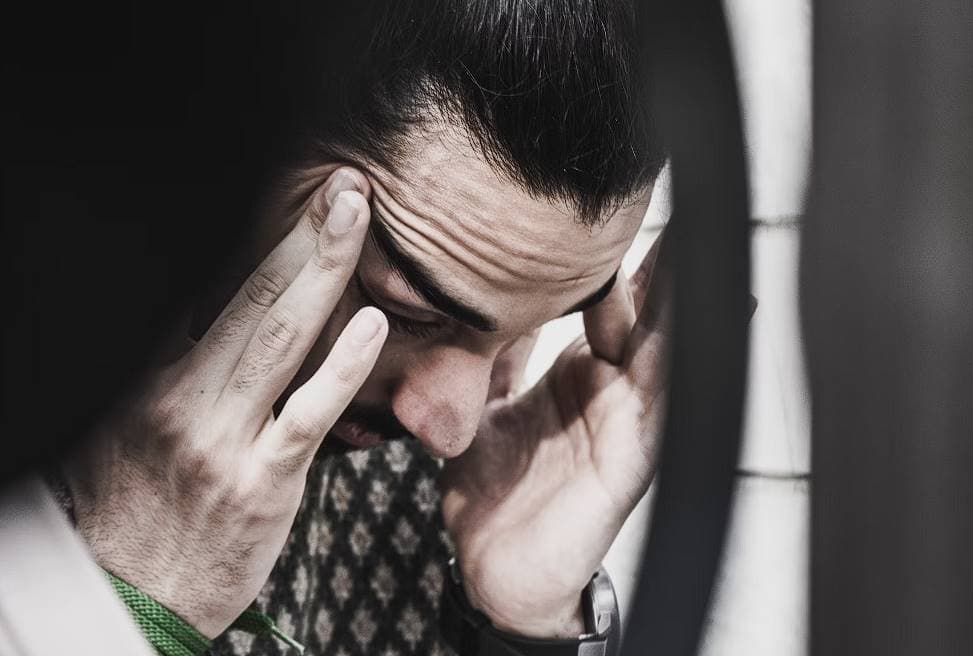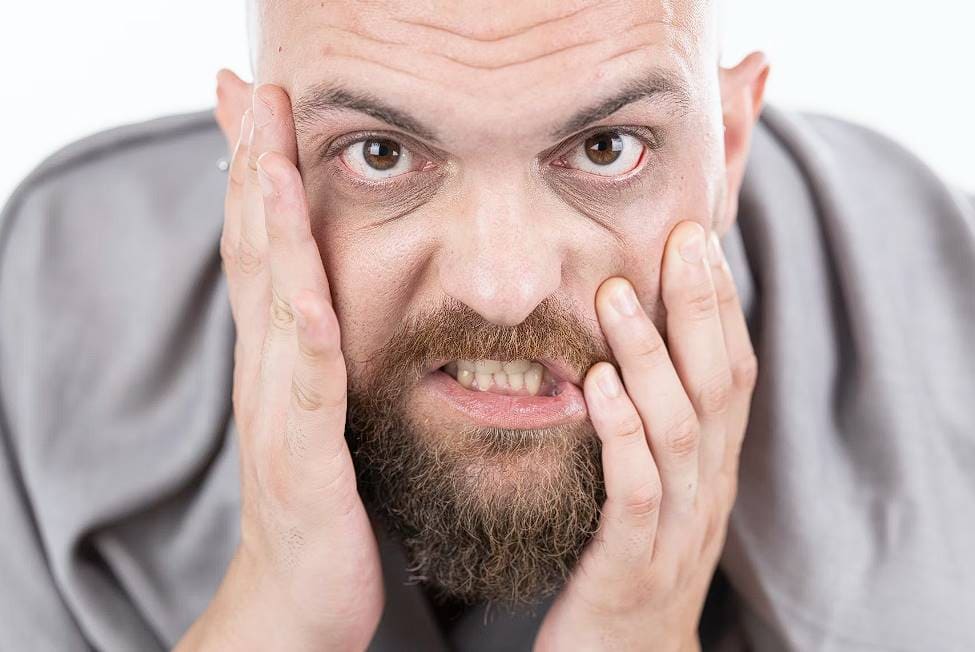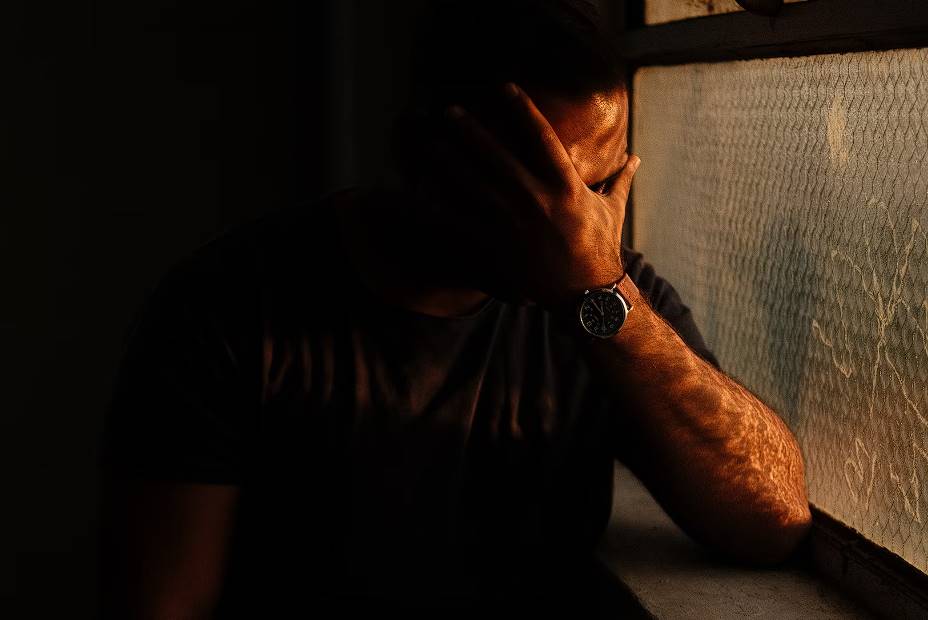Withdrawal is a set of mental and physical consequences when a person stops using or cuts back on a drug or alcohol, like prescription or illicit substances.
If you happen to be using a drug with a high chance of making you dependent on it, and you stop using it suddenly or cut down on it a lot, you may have several withdrawal symptoms. According to the type of medication and your body, these withdrawal signs can be very bad and last long.
Getting better can be helped by knowing how long symptoms of withdrawal last as well as how to deal with them.
It may seem easy to use drugs again after going through drug detox. Symptoms like shaking from alcohol withdrawal can cause this to happen often. But going to a detox centre that the government recognises can help ease withdrawal symptoms, which can be very painful.
Most Common Drug Withdrawal Duration?
Almost every drug has at least one way to get off of it. The nature of the drug and how long the person has been using it, withdrawal can be very bad or not so bad at all. Most "harder" drugs have stressful withdrawal times, are hard on the body, and last far longer than other withdrawal times.
Heroin, drugs such as meth, cocaine, opiates, and various stimulants are examples of harder drugs. Marijuana is one of the softer drugs.
During the detox stage, the first signs of withdrawal start to show. During detox, the body starts getting rid of the drugs. Drugs are toxic to the body, so if the human body tries to escape them, it can cause symptoms like the flu or mental disorders.
How long it takes to stop a drug depends greatly on its use. For instance, opioid withdrawal can last up to a few weeks, while alcohol withdrawal can last up to a few months.
In all cases, the withdrawal process will be different for each person. Some individuals may have mild withdrawal symptoms that only last a few days, while others may have more severe withdrawal symptoms that last for weeks or longer.
Some physical effects of drug and alcohol withdrawal include feeling sick, throwing up, sweating, tremors, sleep deprivation and headaches.
Some psychological effects of withdrawal can lead to depression, anxiety, fatigue, irritability, and trouble focusing. In some cases, withdrawal symptoms can be so bad that the person can't do normal things or go about daily.

Identifying Withdrawal
People may notice signs of withdrawal when they stop using a drug or use less of it. For example, if you don't have your usual cup of coffee in the morning, you might feel tired, have a headache, and be more irritable.
Signs of withdrawal show that a person is dependent on a drug. Before you cut back on or stop taking a drug or medicine, you ought to speak to your doctor to get advice regarding how to do so effectively and with the least amount of withdrawal symptoms.
If you have trouble dealing with your symptoms, your doctor might be able to help. They can also ensure you are safe while detoxing from a drug.
Your doctor will also be able to tell if the signs you are having are from withdrawal or if they are caused by something else.
Why Does Withdrawal Occur?
When someone drinks alcohol or takes certain drugs regularly, their brain may get used to them. They may become physically dependent on their drug of choice and need it completely to function and feel "normal."
People who become dependent on a substance often have to withdraw when it is suddenly taken away or when the amount in their blood drops.
When someone dependent on a drug stops using it "cold turkey" or cuts back on how much they use, they may experience withdrawal symptoms.
During withdrawal symptoms, the body tries to return to a new state of homoeostasis as it removes the drug's chemical effects. This can cause temporary changes in the brain's chemistry and may seriously affect mental and physical health.
Symptoms of Withdrawal
How does going through withdrawal feel? Symptoms of coming off a drug depend on what drug you are taking. Some of the most common symptoms of withdrawal are:
- Trouble sleeping
- Alterations in appetite
- Feeling cold or trembling
- Nasal congestion
- Throwing up
- Being easily annoyed
- Tiredness
- Feeling sick
- Perspiring
- Agitation
- Aching muscles
- Trembling
- Shifts in an emotional state
- Experiencing a runny nose
- Shivering
- Feeling down
Some people may also have more serious symptoms like hallucinations, seizures, and delirium. Your symptoms and how bad they are will depend on the drug you were taking, how long you took it, and how much you were taking.
The physical withdrawal symptoms might only last a few days or a week, but the psychological withdrawal symptoms, like depressive disorders or dysphoria, can last much longer.
Can Withdrawal Be Lethal?
Some drugs, like alcohol and benzodiazepines, have withdrawal symptoms that can be very bad and even kill if not treated by a doctor. It's rare, though.
For example, delirium tremens is sometimes linked to very bad alcohol withdrawal. If delirium tremens isn't caught and treated properly, it can lead to severe seizures and even death.
Some estimates say that just over five per cent of people who go through alcohol withdrawal have this condition. About 15% of people who go through alcohol withdrawal without treatment die, though.
Even though symptoms of opioid withdrawal rarely put your life in danger, they can be very painful. Even though the withdrawal symptoms may not be deadly on their own, returning to using opioids is a big risk for people who try to quit without medical help.
If this happens after people have stopped using opioids for a long time and their tolerance has decreased significantly, they may be more likely to overdose.
In these cases, medical detox, in which a team of medical professionals and nurses can manage withdrawal symptoms, relieve pain, and lower the risk of hazardous withdrawal complications, can be very helpful in the early stages of recovery and may even save lives in the long run.
How Long Before Drug Addiction and Detox Withdrawal?
It depends on the substance and how long it takes to become addicted. Some drugs are less likely to make you addicted than others, but it is safe to state that if you use any drug for a long time, you are likely to become addicted.
For some drugs, like heroin and meth, it only takes a few uses to get hooked. When it comes to drugs like cannabis, a person can usually use it a few times without beginning to feel addicted.
Most likely, a person is addicted to a substance if they have been taking it regularly for weeks or months and feel sick or empty when they don't get it.
Alcohol is the same way. Even though alcohol isn't as addicting as heroin or cocaine, many people still struggle with it. If you drink to the point of being very drunk or losing your memory repeatedly for weeks or months, this is a sign that you are abusing alcohol.
Having a few drinks a week or even a single sip a night is typically not a sign that you have a problem with alcohol. A lot of people drink alcohol for fun, but they do not have an addiction to it.
Symptoms of withdrawal and detoxing from many drugs, particularly harder ones, start immediately. For drugs such as cocaine, it can take up to 12 hours after the last time a person used it for withdrawal symptoms to start. About 24 hours after using drugs like cannabis, a person may feel withdrawal symptoms.
Again, withdrawal symptoms will differ based on the kind of drug, how long the person used it, and how much they abused it.
What Is Medical Detox?
To get rid of drugs from your body, you have to go through a detox process. The body gets rid of drugs and alcohol once you stop using them, but that doesn't mean it's safe to do so on your own. The safest way to detox is in a medical facility.
A medical detox programme overseen by a doctor cannot hurry up the process, but it does help you get through it as safely and comfortably as possible. It also talks about the withdrawal symptoms that might make you want to use it again.
Medical detox is a great idea for anybody with a drug problem. It must be done if you have an addiction to alcohol and benzodiazepines. We strongly suggest it for the other kinds of addiction as it gives you a greater chance of living a healthy, calm life.

The Withdrawal Symptoms and Detox Won't Last Forever
You should remember that withdrawal won't last forever, yet some ways can make it easier to deal with.
Also, it's important to remember that withdrawal differs for everyone, so it's important to rest while caring for yourselves during this tough time. If you are going through withdrawal, know that you aren't alone and that you can get help. With dedication and help, you can get through withdrawal and start your recovery journey.
How Do You Lessen the Effects of Withdrawal?
Most of the time, medical detox programmes are the first step in getting better. People can learn how to deal with drug withdrawal by going through these programmes.
Some withdrawal symptoms, like shaking and seizures, can be very dangerous. But medical detox can make the effects of getting off drugs less severe.
A medical detox programme can help make detoxing from drugs less painful, but there are many other ways to ease symptoms of withdrawal, such as:
- Be physically active all the time.
- Talk to a believed friend who does not utilise drugs, a therapist, or a counsellor.
- Eat a variety of foods.
- Meditation, yoga, therapeutic massage, and chiropractic care are all holistic practices that you should use.
- Keep a healthy and regular sleep schedule.
- Make sure you get enough water.
Conclusion
Drug withdrawal is a set of mental and physical effects that happen when a person stops using or cuts back on drugs or alcohol, whether they are prescribed or not.
Depending on the type of medicine and how the body reacts to it, symptoms can be very bad and last for a long time. How long it takes to get off drugs depends on the drug and how long you were on it. Harder drugs, like heroin, meth, cocaine, opiates, and stimulants, have more painful and longer detox periods.
How long it takes to get off a drug depends on how long you use it and how much. For example, withdrawal from opioids can last up to a few weeks, but withdrawal from booze can last up to a few months.
Some people may have mild withdrawal symptoms that only last a few days, while others may have more serious symptoms that last weeks or even longer.
Withdrawal symptoms show that a person is addicted to a drug. Before cutting down on or stopping a drug, it is important to talk to a doctor to get help on safe and effective ways to get through withdrawal.
During withdrawal, the brain's chemistry may change, which could have an effect on both emotional and physical health.
Some of the most common withdrawal symptoms are trouble sleeping, changes in hunger, feeling cold or shaky, stuffy nose, vomiting, irritability, tiredness, feeling sick, sweating, agitation, aching muscles, shakiness, mood changes, a runny nose, shivering, and feeling down.
How bad withdrawal symptoms are relies on the drug, how long and how much it was used, and how it was used. The physical symptoms of withdrawal can last from a few days to a week, but the psychological symptoms, like sadness or dysphoria, can last longer.
Withdrawal from drugs like booze and benzodiazepines can be fatal, but this happens rarely. Some drugs, like alcohol and benzodiazepines, can cause withdrawal symptoms that are so bad that they can kill you if you don't get help.
Delirium tremens is a disease that can happen when someone stops drinking. It can cause severe seizures or even death. People who go through alcohol detox without help die in about 15% of cases.
Opioid withdrawal symptoms can be painful and even dangerous if they are not handled properly. Medical detox, in which doctors and nurses handle withdrawal symptoms, relieve pain, and lower the risk of dangerous withdrawal complications, can be helpful in the early stages of recovery and may even save lives in the long run.
How long it takes to get off drugs depends on the drug and how long you've been using them. Some drugs are less likely to turn someone into a drug user than others, like heroin and meth.
Some withdrawal signs can start as soon as you stop using a drug, while others can take up to 12 hours. Withdrawal signs can start up to 24 hours after using drugs like cannabis for drugs like cocaine.
Medical detox is a good idea for anyone who is addicted to drugs, but especially for people who are addicted to booze and benzodiazepines.
Symptoms of withdrawal won't last forever, but there are ways to make them easier to deal with. During this hard time, it's important to rest and take care of yourself. With hard work and help, it is possible to get over withdrawal and start the road to healing.
Medical detox programmes are often the first step to getting better because they help lessen the effects of withdrawal.
Other ways to ease withdrawal symptoms are to exercise, talk to a trusted friend, eat a variety of foods, meditate, do yoga, get a therapeutic massage or chiropractic care, keep a healthy sleep plan, drink enough water, and eat a healthy diet.
Content Summary
- Drug withdrawal encompasses mental and physical consequences after quitting a drug or alcohol.
- Withdrawal symptoms can be severe based on the drug and individual factors.
- Knowing the duration of withdrawal symptoms aids recovery.
- Government-recognised detox centres ease painful withdrawal.
- Harder drugs, like heroin and cocaine, often lead to more challenging withdrawal.
- The detox stage marks the onset of withdrawal symptoms.
- Withdrawal duration varies depending on the drug.
- Opioid withdrawal can last weeks, and alcohol withdrawal months.
- Withdrawal severity differs from person to person.
- Physical effects include nausea, tremors, headaches, and sweating.
- Psychological effects range from depression to irritability.
- Withdrawal signs indicate drug dependency.
- Consult a doctor before stopping or reducing medication.
- Withdrawal symptoms can mimic other conditions.
- Regular drug use leads to physical dependency.
- Withdrawal occurs when drugs are abruptly stopped.
- Withdrawal symptoms reflect the body's attempt to restore balance.
- Symptoms include sleep trouble, appetite changes, and shivering.
- More serious symptoms include hallucinations and seizures.
- Opioid withdrawal is rarely life-threatening but painful.
- Medical detox helps manage withdrawal symptoms.
- Drug addiction and withdrawal timing vary.
- Regular drug use can lead to addiction.
- Some drugs are more addictive than others.
- Signs of addiction include feeling unwell without the drug.
- Medical detox is essential for some substances.
- Withdrawal symptoms onset varies from hours to days.
- Medical detox is safest for withdrawal.
- Medical detox assists with safety and comfort.
- Withdrawal is temporary, and support is available.
- Withdrawal experiences differ; self-care is vital.
- Support is available to help navigate withdrawal.
- Medical detox programmes aid in managing withdrawal.
- Medical detox minimises the severity of drug withdrawal.
- Physical activity helps alleviate withdrawal symptoms.
- Talking to a trusted friend or therapist is beneficial.
- A balanced diet aids in managing withdrawal.
- Holistic practices like yoga and massage provide relief.
- Maintaining a regular sleep schedule is important.
- Staying hydrated is crucial during withdrawal.
Frequently Asked Questions
Your body needs time to heal after you stop using drugs and alcohol. This is called withdrawal (or "detox" or "detoxification"). You might have short-term symptoms that range from mild to severe.
Symptoms of withdrawal can change how the body works. Many addictive drugs cause tiredness and drowsiness, clammy skin, cold, shaking, sweating, and tingling or tremors. When people stop using opiates or muscle relaxers, they often have muscle pains and spasms.
Some of the worst withdrawal symptoms are delirium tremens, hallucinations, and seizures. When someone drinks too much, their brain chemistry gets out of whack, which makes their neurones work too much when they stop drinking.
Many of us know someone who tried to stop smoking but gave up because they got "stressed out." During the early stages of recovery, withdrawal symptoms can be stressful. This makes a cycle of bad things. Stress makes people use addictive substances, and trying to stop using causes stress.
Some physical signs of withdrawal are nausea, sweating, chills, aches, tightness in the chest, and a fast heartbeat. Some symptoms of psychological withdrawal are anxiety, depression, irritability, restlessness, and trouble sleeping.




















